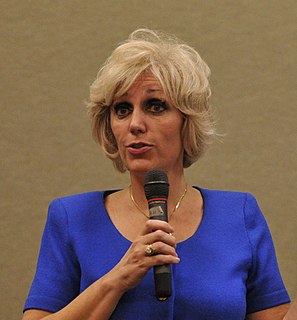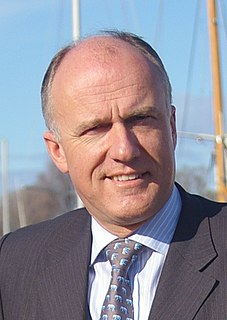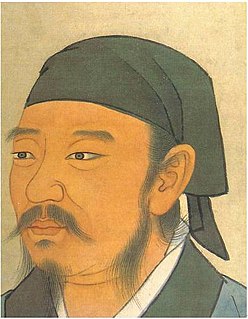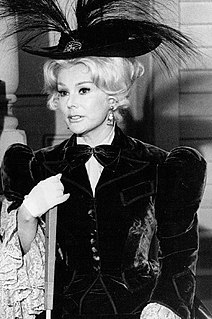A Quote by Michel Faber
I joined an Internet community of Victorian scholars, which meant that if I posted a question about 1875's lavender harvest, more than a thousand experts would ponder it.
Related Quotes
It's true that (many) are praying for a worldwide revival. But it would be more timely, and more scriptural, for prayer to be made to the Lord of the harvest, that He would raise up and thrust forth laborers who would fearlessly and faithfully preach those truths which are calculated to bring about a revival.
I've always enjoyed mixing and mingling with the Tasmanian community and that's, if you like, the bread and butter of politics. And from my perspective, it's meant more time at home, which I also enjoy and it's also meant the greater interaction with the Tasmanian community. And it's also given me freedom to speak out.
Experts kill me. Economic experts, that is. Corporations, foundations, publications and governments pay them by the bucketful, and they fill buckets with forecasts that change more frequently than white-collar, workers do shirts. What Lies Ahead is the usual title. What Lies would often be more appropriate. If women's hemlines changed as rapidly as an economist's forecasts, the fashion people and the textile industry would be more profitable than any other. In fact, if all the country's economists were laid end to end, they still wouldn't reach a conclusion.
The fact that Skype was founded in Estonia, the fact that Skype had a successful exit, which meant that Estonia benefited in a major way, meant that entrepreneurship became legitimate. There were more than a thousand people who either worked or had worked at Skype who had seen what it takes to build a global business.
In the Marquette Lecture volume, I focus on the question in the title. I emphasize the social and political costs of being a Christian in the earliest centuries, and contend that many attempts to answer the question are banal. I don't attempt a full answer myself, but urge that scholars should take the question more seriously.






































